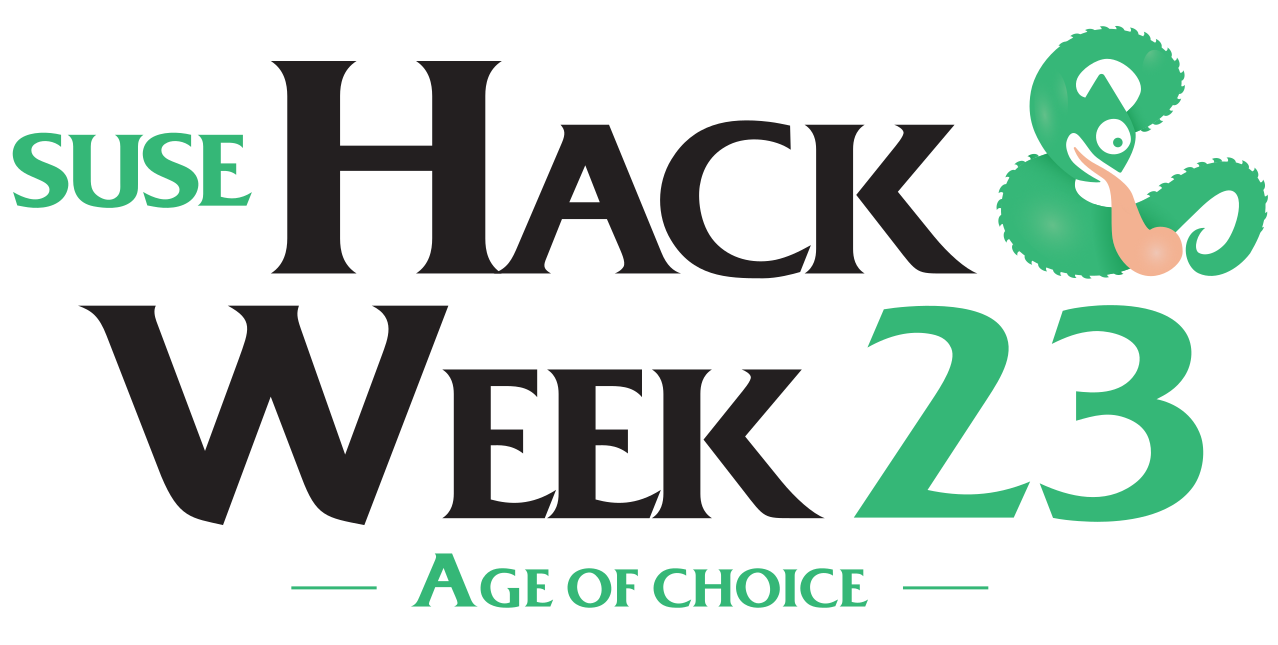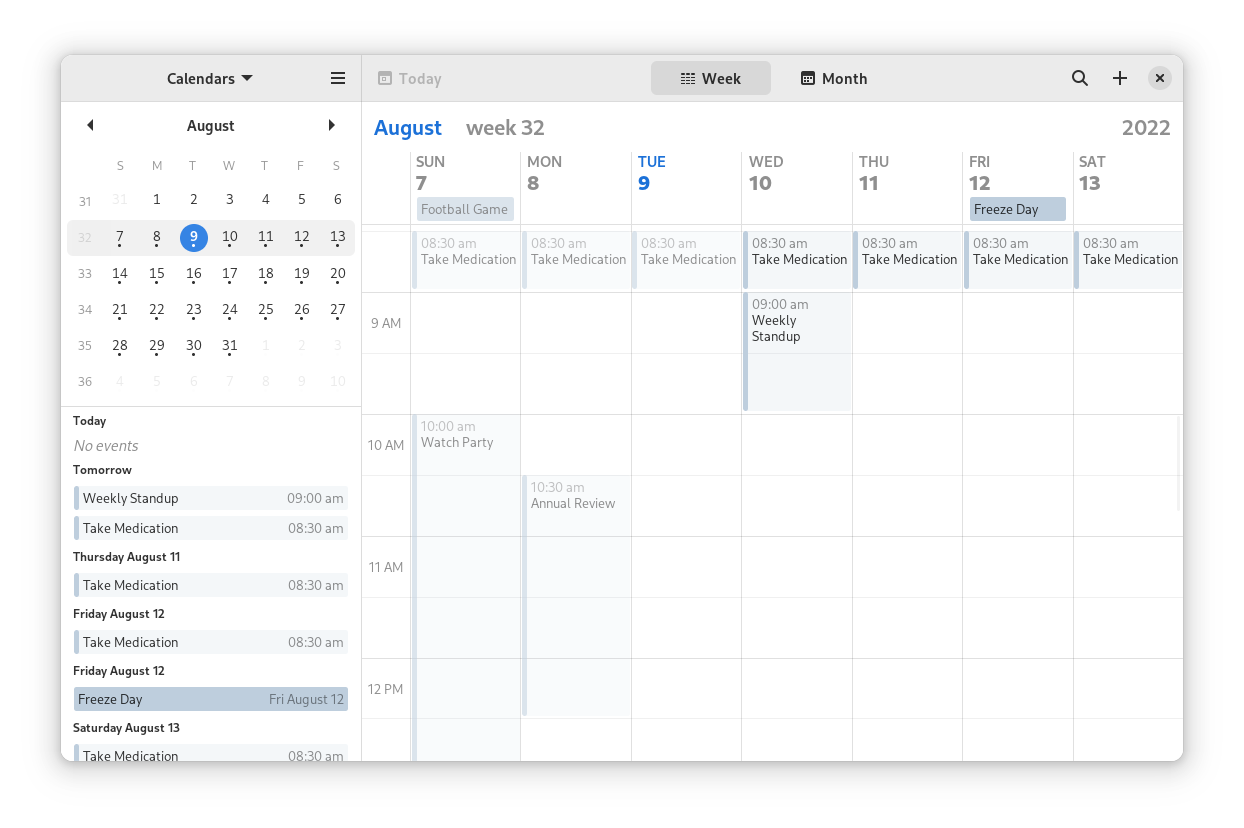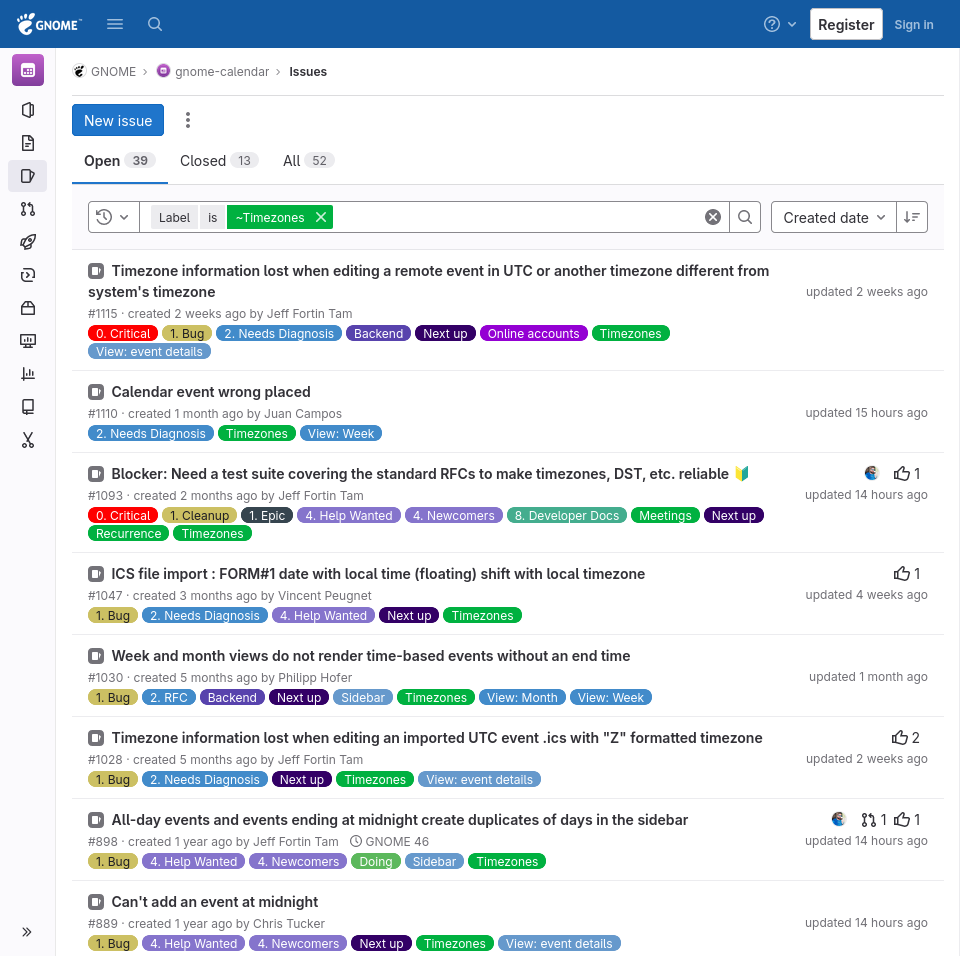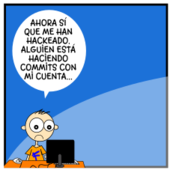
Hack Week is the time SUSE employees experiment, innovate & learn interruption-free for a whole week! Across teams or alone, but always without limits.
The Hack Week 23 was from November 6th to November 10th, and my project was to gvie some love to the GNOME Project.
Before the start of the Hack week I asked in the GNOME devs Matrix channel, what project needs some help and they gave me some ideas. At the end I decided to work on the GNOME Calendar, more specifically, improving the test suite and fixing issues related to timezones, DST, etc.
GNOME Calendar

GNOME Calendar is a Gtk4 application, written in C, that heavily uses the evolution-data-server library. It's a desktop calendar application with a modern user interface that can connect handle local and remote calendars. It's integrated in the GNOME desktop.
The current gnome-calendar project has some unit tests, using the GLib testing framework. But right now there are just a few tests, so the main goal right now is to increase the number of tests as much as possible, to detect new problems and regressions.
Testing a desktop application is not something easy to do. The unit tests can check basic operations, structures and methods, but the user interaction and how it's represented is something hard to test. So the best approach is to try replicate user interactions and check the outputs.
A more sophisticated approach could be to start to use the accessibility stack in tests, so it's possible to verify the UI widgets output without the need of rendering the app.
With gnome-calendar there's another point of complexity for tests because it relies on the evolution-data-server to be running, the app communicates with it using dbus, so to be able to do more complex tests we should mock the evolution-data-server and we should create fake data for testing.
My contribution
By the end of the week I've created four Merge requests, three of them have been merged now, and I'll continue working on this project in the following weeks/months.
I'm happy with the work that I was able to do during this Hack Week. I've learned a bit about testing with GLib in C, and a lot about the evolution-data-server, timezones and calendar problems.
It's just a desktop calendar application, how hard it could be? Have you ever deal with dates, times and different regions and time zones? It's a nightmare. There are a lot of edge cases working with dates that can cause problems, operations with dates in different time zones, changes in dates for daylight saving, if I've an event created for October 29th 2023 at 2:30 it will happens two times?

A lot of problems could happen and there are a lot of bugs reported for gnome-calendar related to this kind of issues, so working on this is not something simple, it requires a lot of edge case testing and that's the plan, to cover most of them with automated tests, because any small change could lead to a bug related to time zones that won't be noticed until someone has an appointment at a very specific time.
And this week was very productive thanks to the people working on gnome-calendar. Georges Stavracas reviews my MR very quickly and it was possible to merge during the week, and Jeff Fortin does a great work with the issues in gitlab and leading me to most relevant bugs.
So after a week of going deep into the gnome-calendar source code it could be a pity to just forget about it, so I'll try to keep the momentum and continue working on this project, of course, I'll have just a few hours per week, but any contribution is better than nothing. And maybe for the next summer I can propose a Google Summer of Code project to get an intern working on this full time.

Comments !